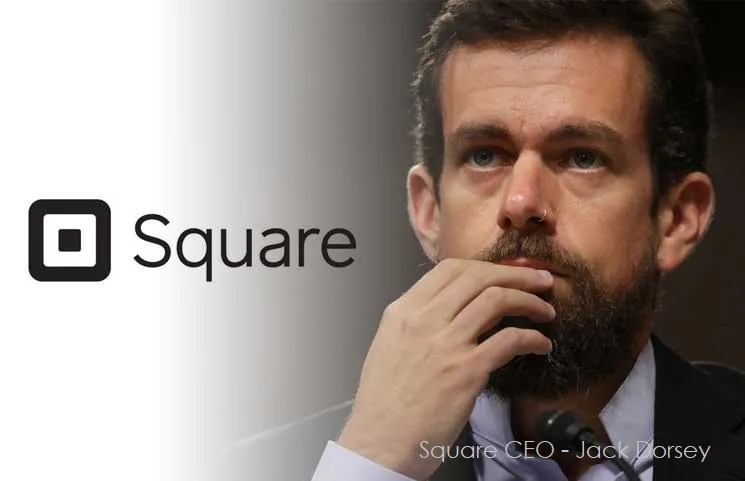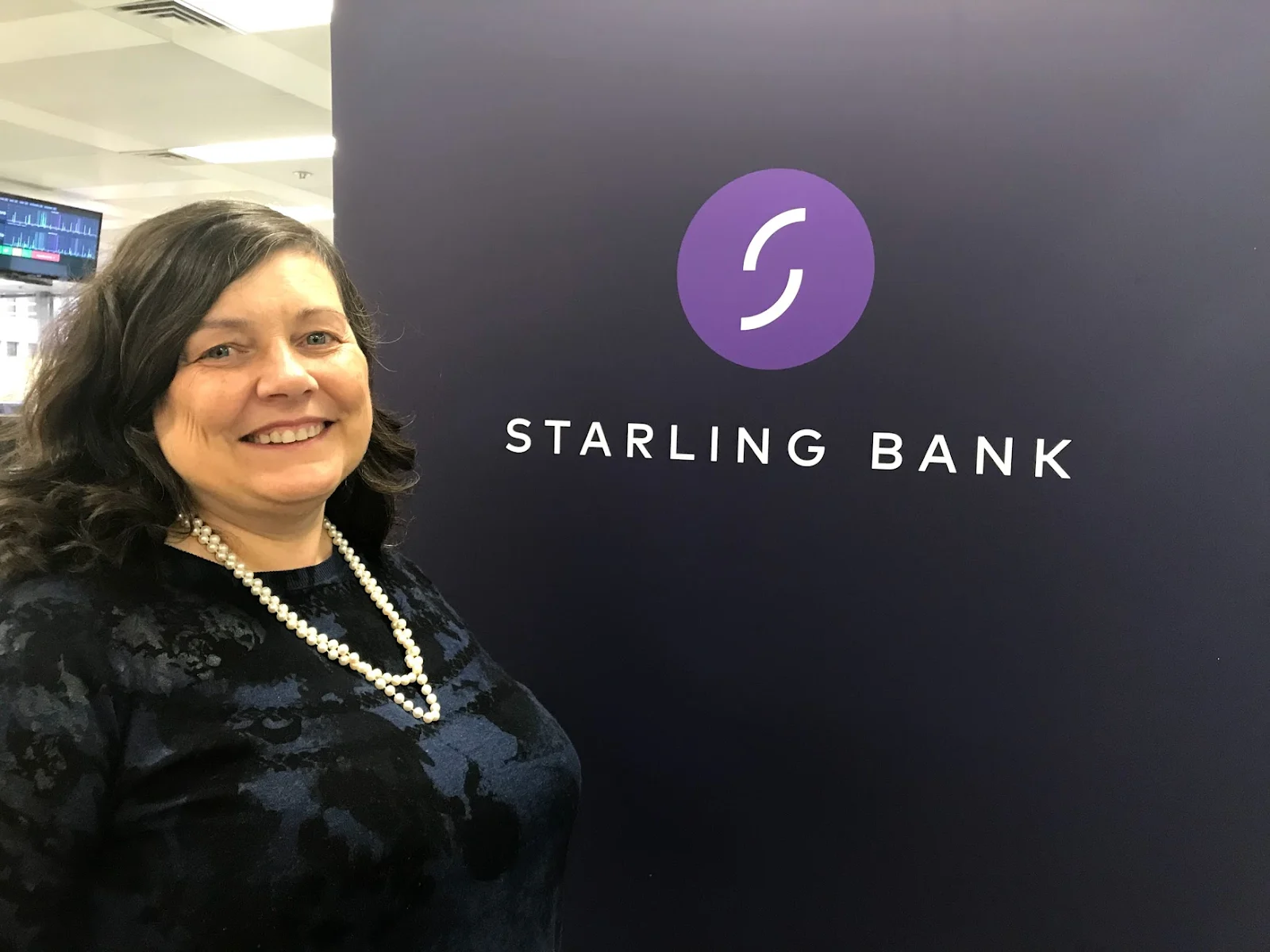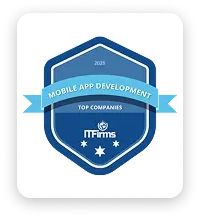Once small startups, now billion-dollar giants.
A few years ago, two brothers built a simple tool to make online payments easier. That idea became “Stripe”, a company now worth billions and used by people worldwide.
Stories like this aren’t rare in fintech. They proved that one idea, launched at the right time, can rewrite the rules of money. And 2026 is the perfect time to do it.
The world is hungry for change: people want faster payments, smarter savings and fairer credit. Banks aren't moving faster enough. That's why startups are stepping in and winning big.
Here’s the exciting part: the next fintech success story could be yours.
In a few minutes, you'll get a clear, step-by-step guide to develop a fintech startup into a successful company by 2026.
Ready to see how? Let’s begin.
What is the Fintech Industry?
The fintech industry is the use of technology to improve financial services. It combines finance and technology to make banking, payments, lending, investing, and money management faster, easier, and more accessible. Examples include mobile payment apps, online lending platforms, digital banks, robo-advisors, and blockchain-based solutions.
Fintech is rapidly growing because it gives people more power and convenience than traditional banks. It reduces the cost, increases the speed and accessibility of financial services, and modifies how businesses and individuals manage their finances.
Key Trends and Statistics of Fintech 2026
The fintech business is growing, and the numbers show it. In the last two years alone, the number of financial companies has tripled, offering huge chances for new participants. Today, 75% of people use fintech products, showing the way integrated digital banking has become part of everyday life.
Here are the key trends driving fintech growth in 2026:
Digital Payments on the Rise
- Transaction values increase every year (2017-2028).
- Cashless, instant and secure payments have become routine across the world.
Digital Banking as a Must-Have
- Banking has moved from physical branches to mobile applications.
- People can now save, borrow, and invest using their smartphones.
Crypto and Blockchain Adoption
- Businesses and people are adopting digital currencies.
- Fintechs are developing platforms for trading, storing, and using cryptocurrency.
Consumer Demand for Simplicity
- 75% of individuals prefer simple, modern methods to handle their money.
- Users choose services that combine payments, savings, and investments into a single spot.
The numbers don’t lie; fintech is growing faster than ever. More people are using digital payments, and crypto is rising. That’s why it is the right time to invest or start your own fintech startup.
Step-by-Step Guide to Start a Successful Fintech Startup in 2026
Starting a fintech startup in 2026 is an amazing opportunity. You'll be dealing with finance, technology, legal issues, and client trust all at once. Here's a quick, simple guide to get started:
Step 1: Understand the Market and the Problem
Before building anything, take time to learn what people actually need.
Research the market to answer questions like:
- What financial problems do people face?
- Are there gaps in existing services?
- What are other FinTech companies doing, and what are they missing?
This research will help you shape your idea and make sure there’s real demand for it.
👉Tip: Look at online reviews, forums, and social media to find common customer needs in banking, payments, investing, etc.
Step 2: Define Your Core Features and Build an MVP
You don't need to start with a fully developed product. Begin with a Minimum Viable Product (MVP).
This is a minimal version of your product that has only the features required to solve the primary user problem.
- Concentrate on one main service, such as money transfers, automated savings, or credit access.
- Launch quickly, learn fast, and adapt depending on feedback.
👉Tip: Test your platform in the real world without spending too much time or money.
Step 3: Get Legal and Regulatory Compliance Right
Fintech is highly regulated for a reason. It handles people's money and personal information.
Before launching, you should:
- Register your business legally.
- Obtain the appropriate licenses (based on your country and services).
- Follow the KYC (Know Your Customer) and AML (Anti-Money Laundering) rules.
- Comply with data protection rules such as GDPR.
👉Tip: Hire a legal professional as soon as possible, or work with a trusted agency that specializes in FinTech.
Step 4: Choose the Right Technology Stack
Your product must be safe, quick, and scalable to attract users. That's why selecting the right tools and technology is important.
Your technological stack should include:
- Frontend: Clean and simple user interfaces (e.g., React.js).
- Backend: Secure and accessible servers (e.g., Node.js, Python).
- Database: Reliable storage (e.g., PostgreSQL and MongoDB)
- Cloud services: Hosting on reliable platforms such as AWS or Google Cloud.
- Security: Strong encryption, secure logins, and compliance tools.
👉Tip: In fintech, inadequate security or slow systems may immediately lose customer trust.
Step 5: Build a Skilled and Balanced Team
You can't build a strong fintech startup on your own.
You will require people with various strengths, including:
- Developers build the product.
- Financial professionals to manage compliance and business logic.
- Designers are to provide a user-friendly experience.
- Marketing and supporting workers to grow and serve customers.
👉Tip: Begin with a skilled team that fits your budget. As you grow, you fill up the gaps with individuals who support your goal.
Looking for a fintech development partner? Call our experts!
Step 6: Develop Your Product (Build or Buy)
Now it's time to build your actual product. You have two choices:
- Building from scratch: Best if you want complete control and custom features. Requires additional time and resources.
- Use white-label platforms: Speeds up development while allowing you to focus on branding and client experience. Great for testing new concepts quickly.
👉Tip: Start with existing solutions to launch quickly. Move to custom builds as your product and team grow.
Step 7: Launch, Learn, and Scale
After you've tested and refined your product, it's time to launch.
- Start with a soft launch or pilot to collect feedback.
- Improve your product with real user insights.
- Once it works properly, launch it completely and boldly.
Focus on:
- Growing your customer base using online marketing and collaborations.
- Keeping users satisfied with upgrades, support, and new features.
- Expanding into new markets or additional services when ready.
👉Tip: Continuously learn, improve, and adapt. The Fintech industry changes fast.
Top Things to Know Before Starting a Fintech Company
Launching a fintech company is not just a great idea; it requires planning, strategy, and dedication. Before you spend your first dollar, there are some important factors to consider:
Build Your Network Early
Surround yourself with people who understand the industry well. Attend fintech meetups, join online groups, and network with mentors and investors. These contacts can lead to collaborations, guidance, and funding opportunities.
Become an Expert
Take time to completely understand the fintech industry. Analyze market trends, rules, and upcoming technology. The more you know, the better your decisions will be, and it will be simpler to stay ahead of the competition.
Validate Before You Build
Don't rush into developing an app. Start by examining your target audience and testing your concepts with prototypes. This strategy helps you to design a solution that actually solves a problem instead of spending money on features that no one wants.
Plan for Funding
A strong funding plan is the backbone of your financial startup. Start by calculating your initial expenses, which include product development, compliance, marketing, and operations. Diversifying your funding sources reduces risk while ensuring consistent cash flow.
Stay Patient and Persistent
The fintech business is highly competitive and governed by certain constraints. Success does not happen quickly; therefore, patience, resilience, and a long-term perspective are essential for creating something everlasting.
With careful preparation, strong networks, and a proper mindset, you can build a fintech startup that stands out in a crowded industry.
Inspiring Stories of Real Fintech Founders
Behind every major innovation is a founder who dared to challenge old processes and reinvent money for today's digital age. These aren't just success stories; they're about vision, dedication, and the guts to try something new.
Patrick Collison: Stripe

Patrick Collison realized that developers struggled to set up online payments, so he founded Stripe in 2010. His team focused on developing a safe and easy-to-integrate platform, which helped Stripe become one of the world's most trusted payment systems.
Jack Dorsey: Square

Jack Dorsey noticed how hard it was for small company owners to accept card payments. In 2009, he founded Square, a simple application that made it simple and inexpensive for anyone to accept payments. Square's simplicity led the company to worldwide fame in the financial services industry.
Taavet Hinrikus: Wise

Taavet Hinrikus knows how it felt to lose money due to hidden bank fees while making payments abroad. In 2011, he founded Wise to provide customers with a more affordable and fair way to transfer money. His priority on transparency attracted millions of users and challenged a market dominated by banks.
Anne Boden: Starling Bank

After three decades in banking, Anne Boden felt that clients wanted better service. In 2014, she created Starling Bank, aiming to create a mobile-first bank that prioritized client requirements. It was difficult to compete with traditional leaders, but her tech-driven vision pushed Starling to become one of the UK's leading challenger banks.
These founders not only built companies; they created solutions that people actually needed. Their stories act as a reminder that fintech innovation is inspired by real-world issues, new ideas, and the bravery to challenge tradition.
Conclusion
Fintech is the next phase of handling money, and 2026 is your opportunity to make history. You have the tools, the market is eager, and there is plenty of space for innovation.
Every billion-dollar fintech company starts with one small concept, a bold entrepreneur, and a desire to move quickly.
To launch a winning fintech startup, you need the right partner by your side. Hashcodex, a leading fintech software development company, is here to help you build secure, powerful, and user-friendly solutions that keep you ahead of the competition.
Let’s build your next fintech success story today!











